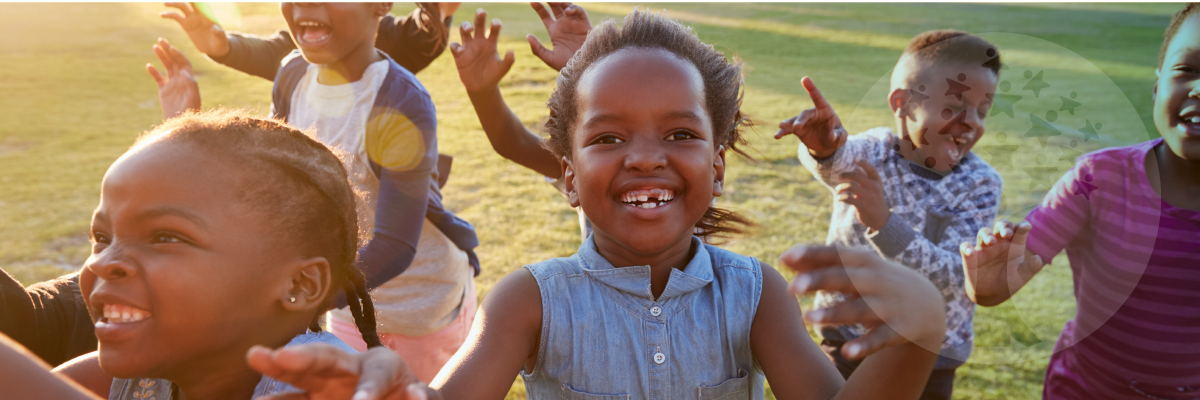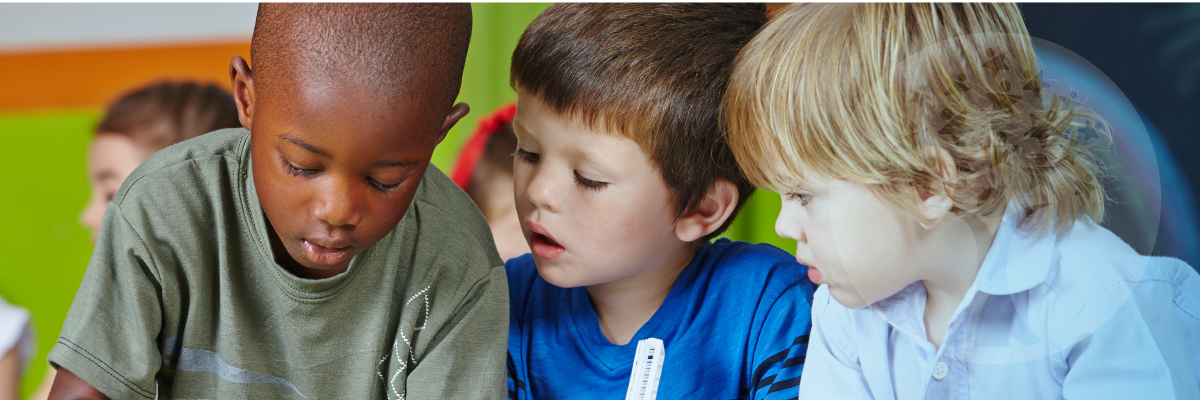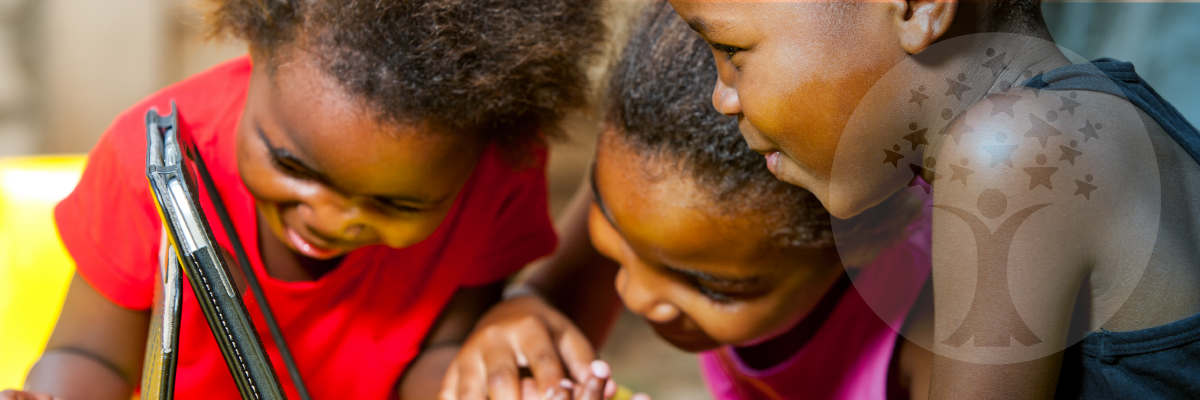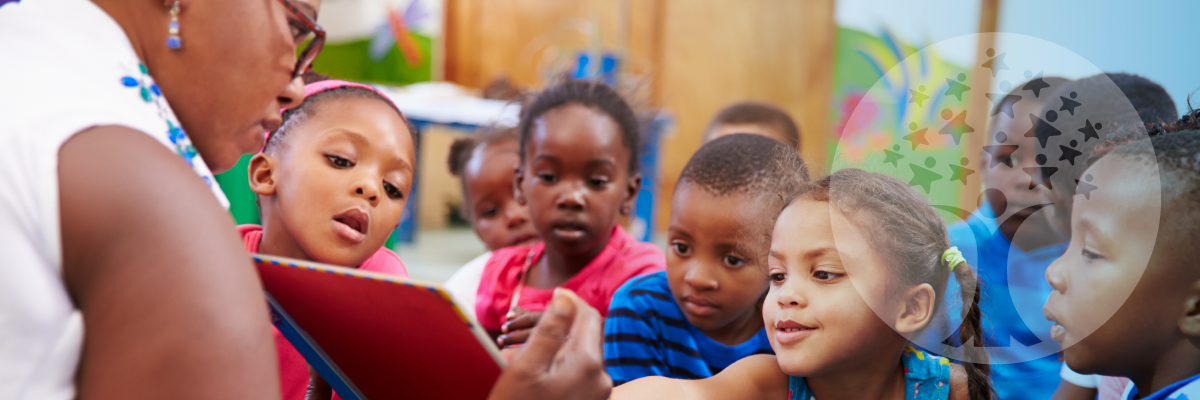



Preschool is an essential stage in a child’s life that lays the foundation for their cognitive, emotional, and social development. One of the most crucial aspects of early childhood education is socialization—the process through which children learn to interact with others, develop relationships, and understand societal norms. For South African preschools, socialization plays an even greater role in fostering a sense of community, diversity, and inclusivity from an early age.
What is Socialization?
Socialization refers to the process by which children learn how to communicate, cooperate, and engage with their peers and adults in a meaningful way. It is through socialization that children acquire the skills necessary to navigate the world around them, from sharing toys and taking turns to expressing emotions and resolving conflicts.
Socialization happens naturally in preschool settings as children interact with classmates, teachers, and caregivers. These interactions help shape their personalities, emotional intelligence, and sense of identity, setting them up for success in later years.
The Role of Socialization in Young Children’s Development
1. Enhancing Communication Skills
One of the most noticeable benefits of preschool socialization is the development of language and communication skills. Through daily conversations, storytelling, singing, and group activities, children learn new words, sentence structures, and appropriate ways to express themselves. In a multilingual country like South Africa, where children may speak different languages at home, preschool socialization can also help bridge language gaps and improve bilingual or multilingual fluency.
2. Building Emotional Intelligence
Understanding and managing emotions is a crucial life skill that begins in early childhood. Socialization in preschool teaches children how to recognize their own emotions and those of others, helping them develop empathy and compassion. Through group play and structured activities, children learn how to handle frustration, joy, disappointment, and excitement in appropriate ways. Emotional intelligence is a key predictor of future success, and early socialization provides children with the tools to manage relationships effectively throughout their lives.
3. Encouraging Cooperation and Teamwork
In a preschool setting, children frequently engage in group activities such as building blocks, arts and crafts, or outdoor games. These experiences teach them the importance of working together, sharing resources, and compromising. Learning to collaborate with others from an early age fosters teamwork, a skill that will benefit them throughout their schooling and professional lives.
4. Developing Conflict Resolution Skills
Disagreements and misunderstandings are a natural part of social interactions. Preschool provides a safe and structured environment where children can learn how to resolve conflicts in a positive and constructive manner. With guidance from teachers, children are taught to use words instead of aggression, negotiate solutions, and develop patience when dealing with others. These conflict resolution skills are invaluable in helping them navigate relationships in the future.
5. Boosting Self-Confidence and Independence
When children successfully interact with peers, make friends, and participate in group activities, they develop a strong sense of self-confidence. Being in a social environment encourages them to express their thoughts and ideas, take initiative, and try new things. This growing sense of independence is essential as they prepare for formal schooling and later stages of life.
6. Cultivating Respect for Diversity
South Africa is a culturally diverse nation with people from different backgrounds, traditions, and languages. Preschool provides an excellent opportunity for young children to interact with peers from various cultures, fostering an appreciation and respect for diversity. Exposure to different perspectives at an early age helps break down stereotypes and build a more inclusive and harmonious society.
7. Establishing Routines and Social Norms
In a preschool environment, children learn to follow rules, respect authority, and adhere to daily routines. Activities such as lining up, waiting for their turn, and cleaning up after themselves instill discipline and responsibility. These structured routines teach children the importance of order, patience, and accountability, preparing them for future academic and social settings.
8. Strengthening Parent-Child Relationships
Socialization in preschool doesn’t just benefit children, it also strengthens the bond between parents and their little ones. When children engage in social activities, they often bring home new experiences, stories, and lessons, encouraging parents to participate in their learning journey. This shared experience creates opportunities for meaningful conversations, strengthening the parent-child relationship.
How Preschools Can Encourage Healthy Socialization
1. Creating a Safe and Inclusive Environment
Preschools should provide a welcoming and inclusive space where children feel comfortable interacting with others. A nurturing environment encourages children to express themselves freely and engage in positive social interactions.
2. Encouraging Play-Based Learning
Play is a powerful tool for socialization. Whether through free play, structured games, or role-playing activities, children learn essential social skills in a fun and engaging way. Educators should incorporate play-based learning strategies that promote teamwork, communication, and problem-solving.
3. Teaching Social Skills Explicitly
While socialization happens naturally, some children may need additional support in developing social skills. Teachers can facilitate this by modeling appropriate behavior, discussing emotions, and guiding children through social situations. Simple activities such as storytelling, puppet shows, and group discussions can help reinforce these lessons.
4. Organizing Group Activities
Group projects, music sessions, and interactive storytelling can encourage children to collaborate and engage with their peers. These activities not only enhance socialization but also make learning more enjoyable.
5. Encouraging Parental Involvement
Parents play a crucial role in reinforcing social skills at home. Schools can encourage parental involvement by organizing family events, parent-teacher meetings, and workshops that help parents support their children’s social development.
Conclusion
Socialization is a fundamental aspect of a child’s early development, influencing their ability to communicate, cooperate, and build relationships. For South African preschools, fostering socialization helps create a strong foundation for children to thrive in a diverse and inclusive society. By providing opportunities for meaningful interactions, promoting empathy and respect, and teaching essential social skills, preschools can shape well-rounded individuals who are prepared to navigate the complexities of life.
Investing in early socialization is an investment in the future. As children learn to connect, communicate, and collaborate, they develop the skills necessary for success in school, relationships, and beyond. Therefore, ensuring that preschool environments are rich in social opportunities is one of the greatest gifts we can give to our children.